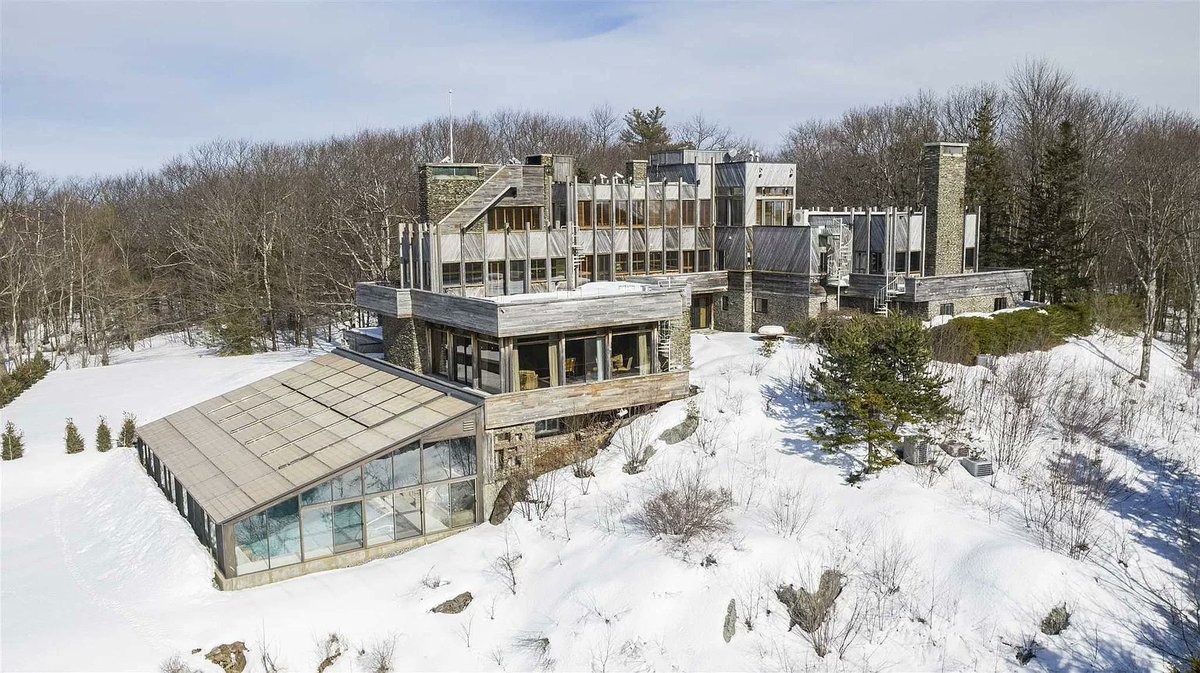
It should be more concerning that the most photographed street in America is illegal to build. It should keep politicians up at night. We should all walk around with a little bit of embarrassment until it is solved. 

People in politics speak of "tourism" and increasing it but they do not seem to understand what the words they are saying actually mean.
They don't seem to understand what speaks to people's hearts, what people consider romance, etc. It's all profoundly odd to watch.
They don't seem to understand what speaks to people's hearts, what people consider romance, etc. It's all profoundly odd to watch.
I actually think its the opposite. If people built beautiful housing there would be a thousand times fewer NIMBYs.
For some reason the YIMBY people cannot accept that so many people are against new development because new development is deeply ugly.
For some reason the YIMBY people cannot accept that so many people are against new development because new development is deeply ugly.
https://twitter.com/Inderinsider/status/1374375850481569793
mentioned obliquely before in this thread
https://twitter.com/simonsarris/status/1227995798622949377
This guy is wrong: minimum setbacks, lot size + parking reqs, and roads based on turning radius of American fire trucks are why this is illegal.
The ADA is why its not *affordable*, but that's very different, and the ADA does actually allow some walkups.
The ADA is why its not *affordable*, but that's very different, and the ADA does actually allow some walkups.
https://twitter.com/arthur_affect/status/1374457816774156295
You actually only need one ground floor accessible unit to be ADA compliant. Even any mixed use building that wants to be ADA can provide at least one apartment on the first floor in addition to the upper floors. This removes the elevator requirement. Ex:
rjohnthebad.wordpress.com/2015/05/11/thr…
rjohnthebad.wordpress.com/2015/05/11/thr…
Obviously you gotta take big concessions on design, including apartment size, lest sprinkler systems and elevators and corridors come to wreck your budget. But that's not why they're illegal, just why no one will build the things in between. Which means less housing for everyone.
I don't think that's true. Any community that successfully builds a new neighborhood as beautiful and cherished as beacon hill will make plenty of money. Not many people are trying. Some are! They are mostly village sized and not in cities, because zoning
https://twitter.com/nub/status/1374521849715953677
I think their purpose was actually to let people avoid the horse poop in the middle better.
https://twitter.com/caseykreie/status/1374540542424547330
• • •
Missing some Tweet in this thread? You can try to
force a refresh









